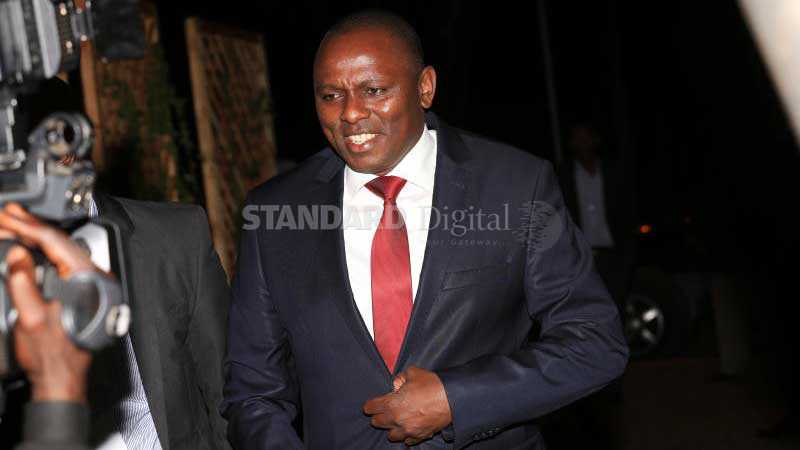×
The Standard e-Paper
Home To Bold Columnists

The National Treasury has not aligned the budget to President Uhuru Kenyatta’s development agenda, a powerful committee of Parliament has said.
The remarks pour cold water on the lofty prospects.